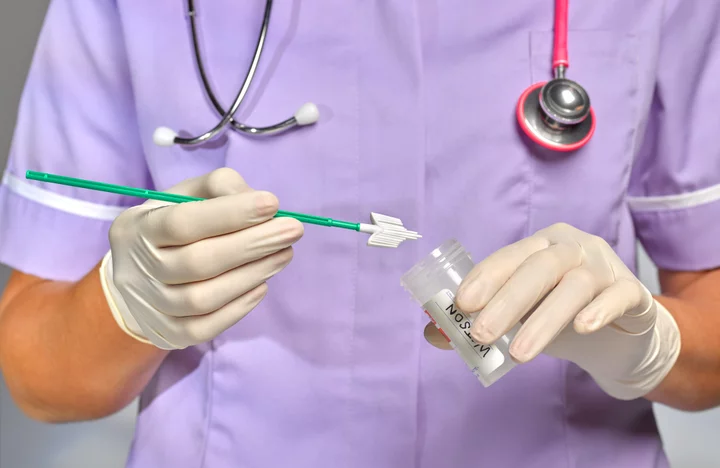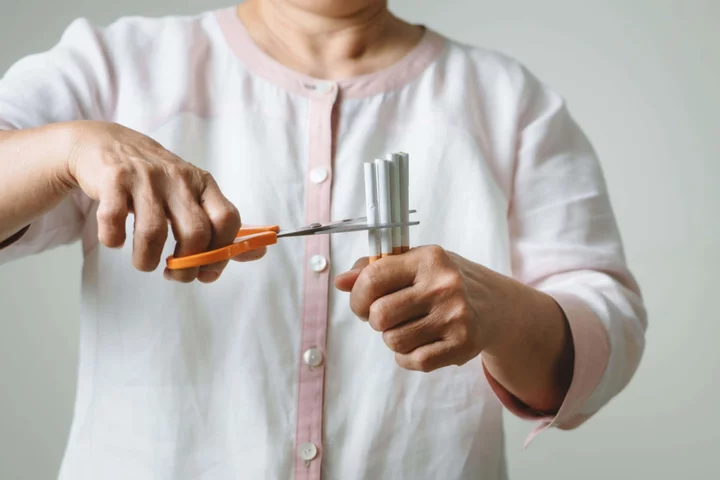An experimental weight-loss shot from Eli Lilly & Co. yielded the strongest results of any of its treatments yet, another boost for the company’s efforts to dominate the burgeoning obesity drug market.
Obese patients shed an average of 24.2% of their body weight, about 58 pounds, on the highest dose of the drug after 48 weeks, according to a study released Monday by the New England Journal of Medicine. A quarter of those getting the highest dose lost more than 30%, the company-funded, mid-stage trial showed.
Already the most valuable drugmaker in the world on anticipation of its obesity drugs, Lilly is endeavoring to take the lead in a market for weight-loss therapies seen reaching $150 billion by 2031. Rivals standing in the way are Wegovy-maker Novo Nordisk A/S, along with a crop of experimental drugs from Pfizer Inc., AstraZeneca Plc and Amgen Inc.
Read More: Pfizer Halts Early-Stage Obesity Drug on High Liver Enzymes
Lilly’s Mounjaro, a diabetes drug that the company aims to sell for weight loss, mimics hormones called GLP-1 and GIP. In an earlier study, it helped obese patients lose an average of 21% of their body weight; those getting the highest dose of the drug lost an average 22.5%.
The next step in the arms race, retatrutide imitates a third hormone called glucagon, with the goal of stimulating patients’ use of energy without increasing appetite. Later-stage trials will be needed to confirm the data.
Best So Far
Retatrutide “does look potentially like the best GLP-1 based medicine so far,” Daniel Drucker, a University of Toronto researcher who’s done critical work on gut hormones, said in an interview. Doctors are looking for the drugs to be “the start of a new era that is going to, I think, rival bariatric surgery” for weight loss, he said.
Novo is also developing CagriSema, a shot aimed at increasing weight loss that could compete with retatrutide. The Novo drug is a combination of semaglutide, the active ingredient in Wegovy, and a drug that mimics amylin, another weight-related hormone.
Read More: Lilly Experimental Weight-Loss Pill Gets Rapid Results in Study
In Lilly’s study, side effects beyond the usual nausea and vomiting associated with GLP-1 drugs included 17 patients with abnormal heart rhythms in the retratrutide group, one of them severe, after taking anti-vomiting medication. Two patients who received placebos had abnormal hearth rhythms in the 337-patient study carried out by researchers from Harvard, Yale and Lilly.
Heart-rate increases — also linked to the weight-loss drugs — peaked about halfway through the trial and declined thereafter. Almost all the patients who got retatrutide lost at least 5% of their body weight, and almost two-thirds who got the smallest dose lost 15% or more.









